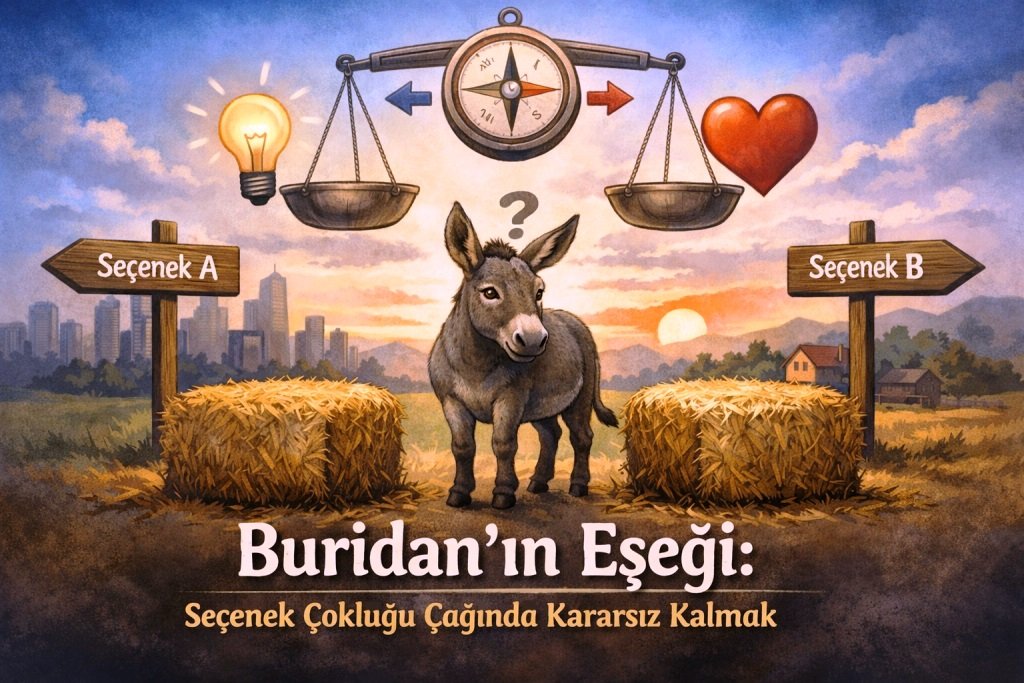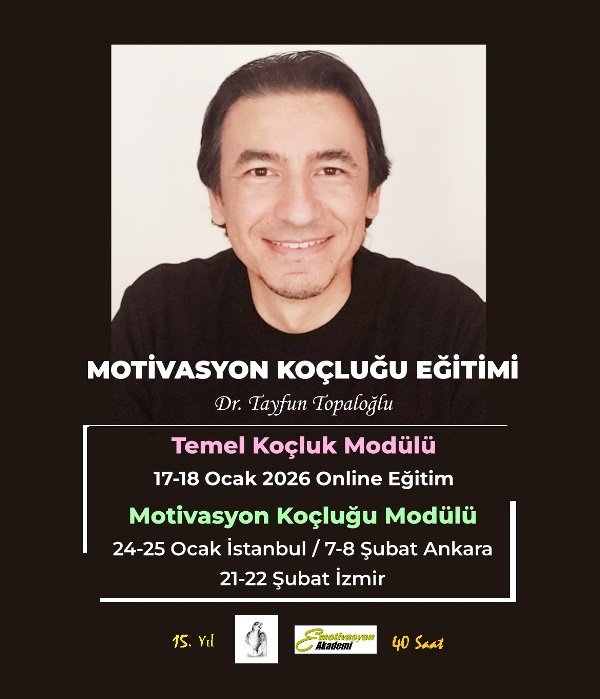Change Your Story
I want to tell different stories about old people. Maybe if we tell enough controversial stories, good things will start to happen. People may begin to live differently. For example, I want to tell the story of the excellent novelist Norman Maclean.
Norman MacLean was 73 years old when he decided to reject the idea of a comfortable retirement. A comfortable retirement would be easy for him. He had taught literature at the University of Chicago for years, and everyone was telling him he deserved a nice, restful retirement. But something was gnawing at his mind. All those years he taught literature, he had wondered if he could produce something himself. Could he be a writer himself? He was wondering. Many people wonder about many such things in their old age. But why should we just wonder?
 Soon after, MacLean got excited about writing. It was as if he had listened to the great writer George Elliot's advice, "It's never too late to be what you want to be." (The real name of the great novelist George Elliot was Mary Ann Evans. But according to the story in Old England, she came out using a male name to be taken seriously as a writer.)
Soon after, MacLean got excited about writing. It was as if he had listened to the great writer George Elliot's advice, "It's never too late to be what you want to be." (The real name of the great novelist George Elliot was Mary Ann Evans. But according to the story in Old England, she came out using a male name to be taken seriously as a writer.)
Narman MacLean said she "decided to give up some of the things that were associated with happiness in her old age, such as 'running away with women, traveling'." Instead, he would discover if he could become a writer. Norman MacLean went to his cabin in Montana, disciplined and happy to write. started. He soon discovers that he has the same power as a 20-year-old. Everything was there, in his heart and in both hands. He continued to write. He couldn't stop. He had tapped into his power to create an entirely new story about himself.
Request! He was a great writer! A true novelist! Two years later, he was praised from his cabin. masterpiece She dated “A River Runs Through It”. The novel is filled with a passion and poetic fire normally associated only with young and bright talent. it was written. It was simply not true that he was too old to be a writer. It was just a story. He was not willing to live this story.
Even so, I can't tell you how many people have told me they've always wanted to "write, be an actor, or be a musician or something," but that it's a little late now, because they're 30, 40, or 50 now.
I know many thirty-year-olds who talk to me as if they were on their deathbed.
“I'm too old for that,” they say with a serious face.
This is their story and they are holding on to it.
What did you tell yourself you were too old to do? Maybe you are too old to be an actor? John Houseman was in his 70s when he started acting and later won an Oscar for his role in The Paper Chase.
 Yaşlanma hakkındaki benim kendi hikayelerimden biri de kitap yazmak için çok yaşlı olduğumu farz etmemdi. 49 yaşıma kadar böyle düşünüyordum. Neredeyse 50 yaşındaydım! Hayatım, bir kitap yazarı olmama izin verecek tüm o erken disiplin ve borçları ödemek için yeterince odaklı olmamıştı. Bu benim hikayemdi. Hayatım kaotikti. Yaşamımın bir bölümünde alkoliktim ve kendimi düzeltip ayılsam da, büyüteceğim çocuklarım vardı ve hayatım bir işten diğer işe geçişlerle süren vahşi, bağlantısız bir yolculuktu. Hayat hikayesi böyle olan birisi nasıl olur da kitap yazmada başarılı olabilirdi?
Yaşlanma hakkındaki benim kendi hikayelerimden biri de kitap yazmak için çok yaşlı olduğumu farz etmemdi. 49 yaşıma kadar böyle düşünüyordum. Neredeyse 50 yaşındaydım! Hayatım, bir kitap yazarı olmama izin verecek tüm o erken disiplin ve borçları ödemek için yeterince odaklı olmamıştı. Bu benim hikayemdi. Hayatım kaotikti. Yaşamımın bir bölümünde alkoliktim ve kendimi düzeltip ayılsam da, büyüteceğim çocuklarım vardı ve hayatım bir işten diğer işe geçişlerle süren vahşi, bağlantısız bir yolculuktu. Hayat hikayesi böyle olan birisi nasıl olur da kitap yazmada başarılı olabilirdi?
My answer to this question was interesting. It wasn't as stable or precise as MacLean's. He was hesitant and a little scared. What happened in the end was the merging of the two stories. My 'I'm too old' story didn't fit with my 16-year-old daughter Stephanie's tale of 'my father is a good enough writer to print'. So Stephanie helped me by posting a few examples of what she wrote. My first book was published to my great surprise. When two stories overlap, the stronger story wins.
But now I had a dilemma. What was I going to do with my "I'm too old" story? It didn't seem to be used anymore. So, I simply stopped telling myself or anyone else about it. I began to perform a series of actions that allowed me to create a new, flexible story that changed with every heartbeat. I will continue to write until the day I die. This was my new story. As I continued, I kept writing my story. I was reinventing myself and motivating myself. There was no need to use external factors. Conditions had no place in my life. I swore I wouldn't let a story last long enough to ensnare me. Stories do that. They seduce us. Then they do the ultimate terrible thing: they make us believe them.
Why should we deprive old people of the experience of being naive? Why don't they say, “Shut up, sit in your seat and take your meds. Feeling a little depressed because you're no longer helpful or can't move? Buy you medicine for depression. Don't forget to vote! We'll take you to vote. Yes, our truck has wheelchair access. And after that, if you experience any psychological discomfort from being an old person, we can arrange for a doctor to take care of it. See you, old man!” We place it in a story that says?
When I was a little kid, I loved being with my grandfather Sam Chandler, biking in the deserts of southern Arizona, and hearing my grandfather's stories about the old days. He could walk quite faster than me. He had energy. He was still someone. He wasn't stuck in that final, sealed story about who he was. He was excited by the lamps he had made from old cactus wood and the stones he had kept for polishing and making something.
Kaç yaşınızda olduğunuzu bilmeseniz, kaç yaşında olurdunuz?
Ya bir şekilde tüm hafızanız silinse ve sizi yaşamanız için başka bir kıtada küçük bir şehre atsalar? Tüm melekelerinize sahipsiniz, yeni bir hayata başlayabilirdiniz. Sadece kaç yaşında olduğunuzu bilmezdiniz ya da ona göre yaşamanız gereken (ya da hakkında depresyona gireceğiniz) bir geçmiş olmazdı. O zaman kaç yaşında olurdunuz? Do you have an answer to this question?
Can you look in the mirror and try to figure it out? Would you be old? You can't be old unless you have a story about how old you are. Unless you have a big, heavy story about what happened to you, you can't be fed up with the world. What if someone deletes the story?
Some people tell me their stories were written by circumstances, not by them. Please don't tell me that. Don't tell me about the circumstances. Because there are people who have endured terrible conditions but still very happy. Just like there are people who have been nurtured and cared for all their lives but who are incredibly depressed. What is the cause and effect in these stories? Terms mean nothing. Your story about the terms says it all. How old would you be if you didn't know how old you are?
Terms mean nothing. Your story about the terms says it all.
Steve Chandler, "Your Story"
Source: Steve Chandler (2006) “Your Story” (Trans. Elif Umar) Dharma Publications, Istanbul p.59-66








